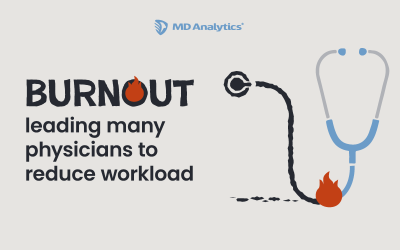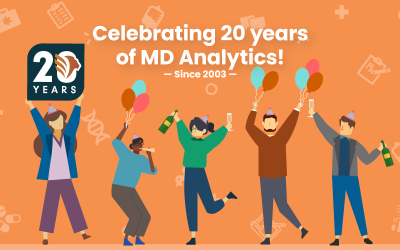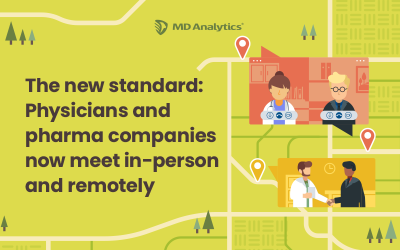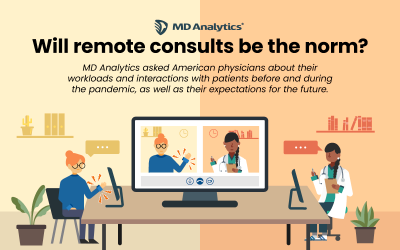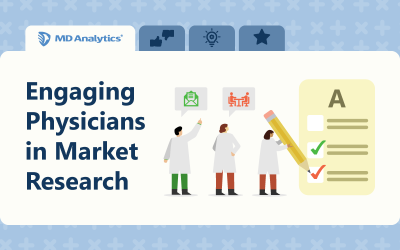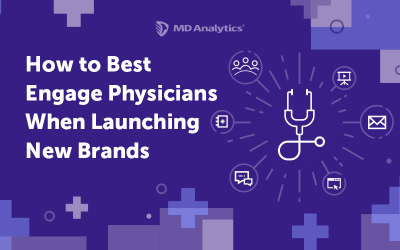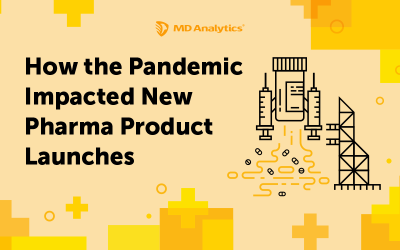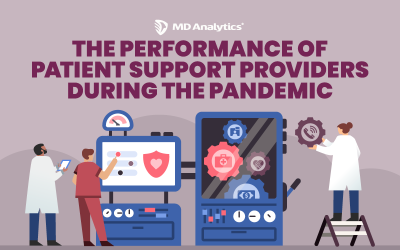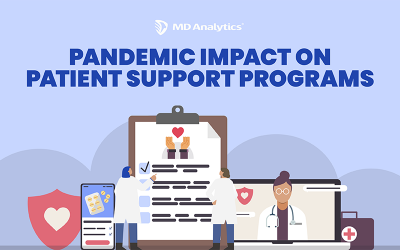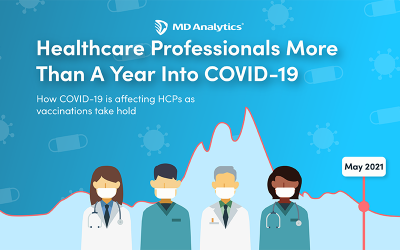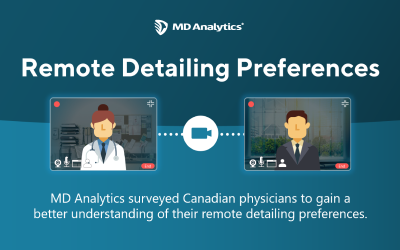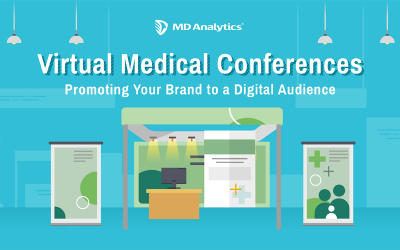For many of us, remnants of the pandemic feel like a distant memory. We are back to “normal” – enjoying family gatherings, restaurants and shopping. Even in New York, one of the last COVID-era mandates has come to an end, with masks and face coverings in healthcare facilities no longer required. However, the healthcare system is still dealing with the aftermath, including the impact on physicians.
MD Analytics surveyed 50 primary care physicians and 109 specialists about the effect of the COVID crisis on their personal and professional lives. As compared to pre-pandemic, several aspects have gotten worse among physicians.
